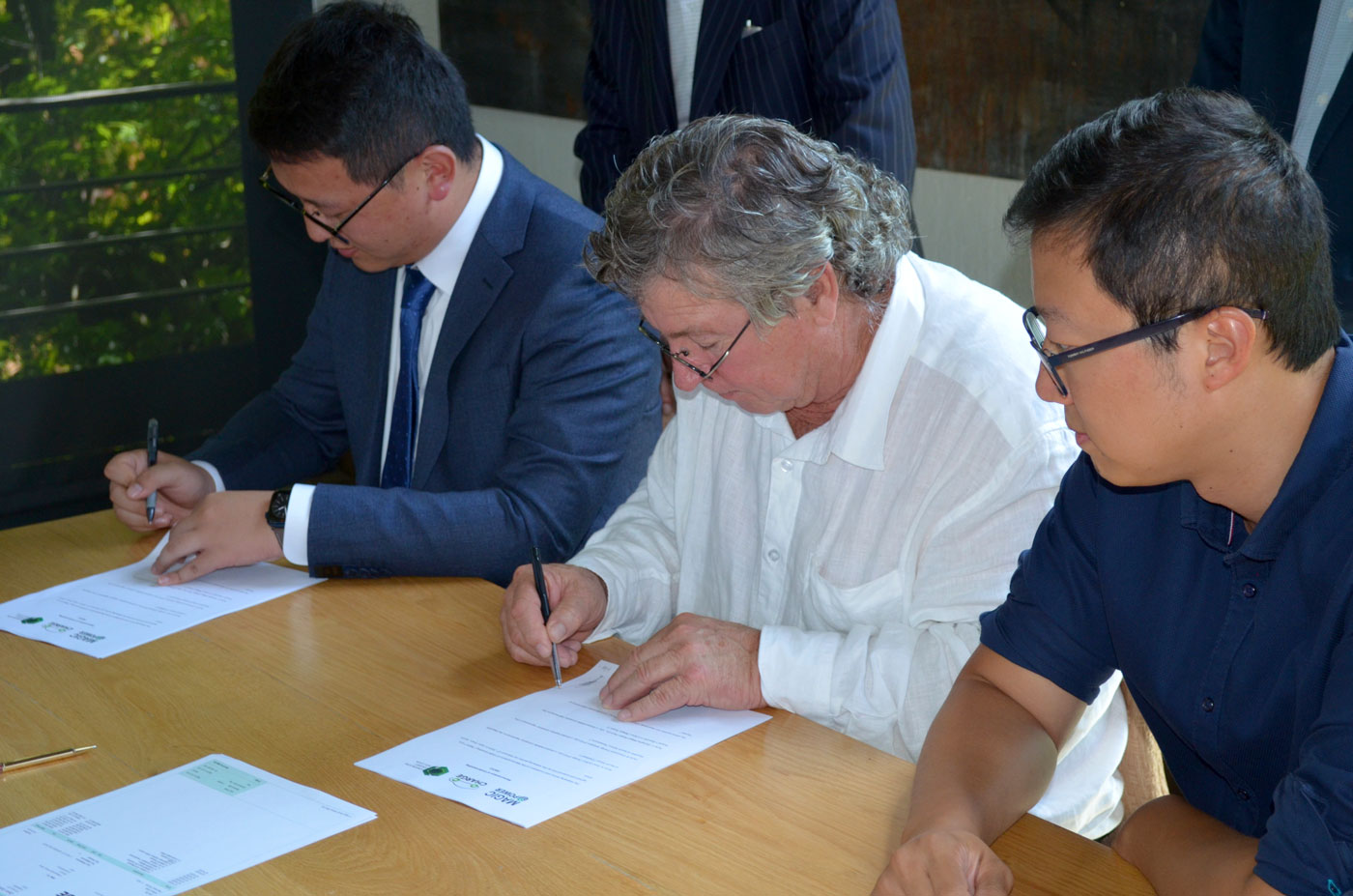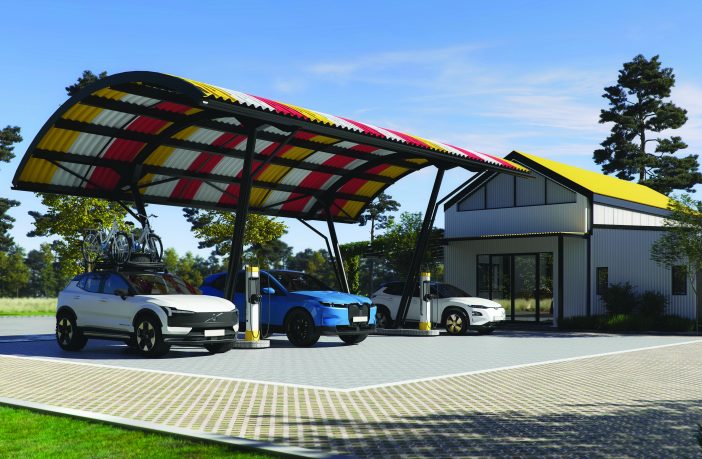- Zero Carbon Charge has signed a memorandum of understanding (MOU) with Chinese energy storage systems manufacturer Shanghai Magic Power Tech Co., Ltd, also known as Magic Power, and its local partner Greencore Energy Solutions (PTY) Ltd, to build and import the first-of-its kind integrated supercharging systems for its 120 renewable charging stations currently being rolled out across South Africa.
This cutting edge technology means that customers at Zero Carbon Charge’s off-grid, solar-powered charging stations will be able to charge any electric vehicle at its maximum charging rate.
The MOU follows Zero Carbon Charge’s trip to China at the end of last year in order to source the most cutting edge, custom integrated solutions for the establishment of its completely off-grid national charging network. This trip was the culmination of a long development process with their partners. Once completed, this network will be a first for South Africa as well as the rest of the world.
The 480 kW liquid-cooled supercharger systems to be supplied by Magic Power and Greencore Energy Solutions will seamlessly integrate with the solar PV generation and battery storage located at each of the 120 charging stations.

Zero Carbon Charge’s Co-founder and Director, Joubert Roux, signing the MOU with the Magic Power representatives from China. Image credit: ZCC
“The first batch of super chargers is expected to arrive in South Africa before July which means that – pending regulatory approvals – we are on track to have our full network of 120 solar-powered charging facilities operational by September 2025,” said Zero Carbon Charge’s Co-founder and Director, Joubert Roux.
Government’s own draft Integrated Resource Plan 2023 has shown that South Africa’s national predominantly coal-fired grid will not be able to cope with the demands imposed on it by the mass charging of EVs. To stabilise the grid and end loadshedding faster it is critical that prioritisation is given to the roll-out of off-grid powered EVs.
In addition, if South Africa is to reach its global emissions targets, it is essential that renewable energy (and not electricity sourced from coal) is used to power EVs: an EV charged with Eskom’s coal-fired electricity emits 5.3 metric tonnes of carbon emissions in a year whereas a petrol vehicle, on average, emits 4.4 metric tonnes of carbon emissions in a year if driven over the same distance.
Author: Bryan Groenendaal















